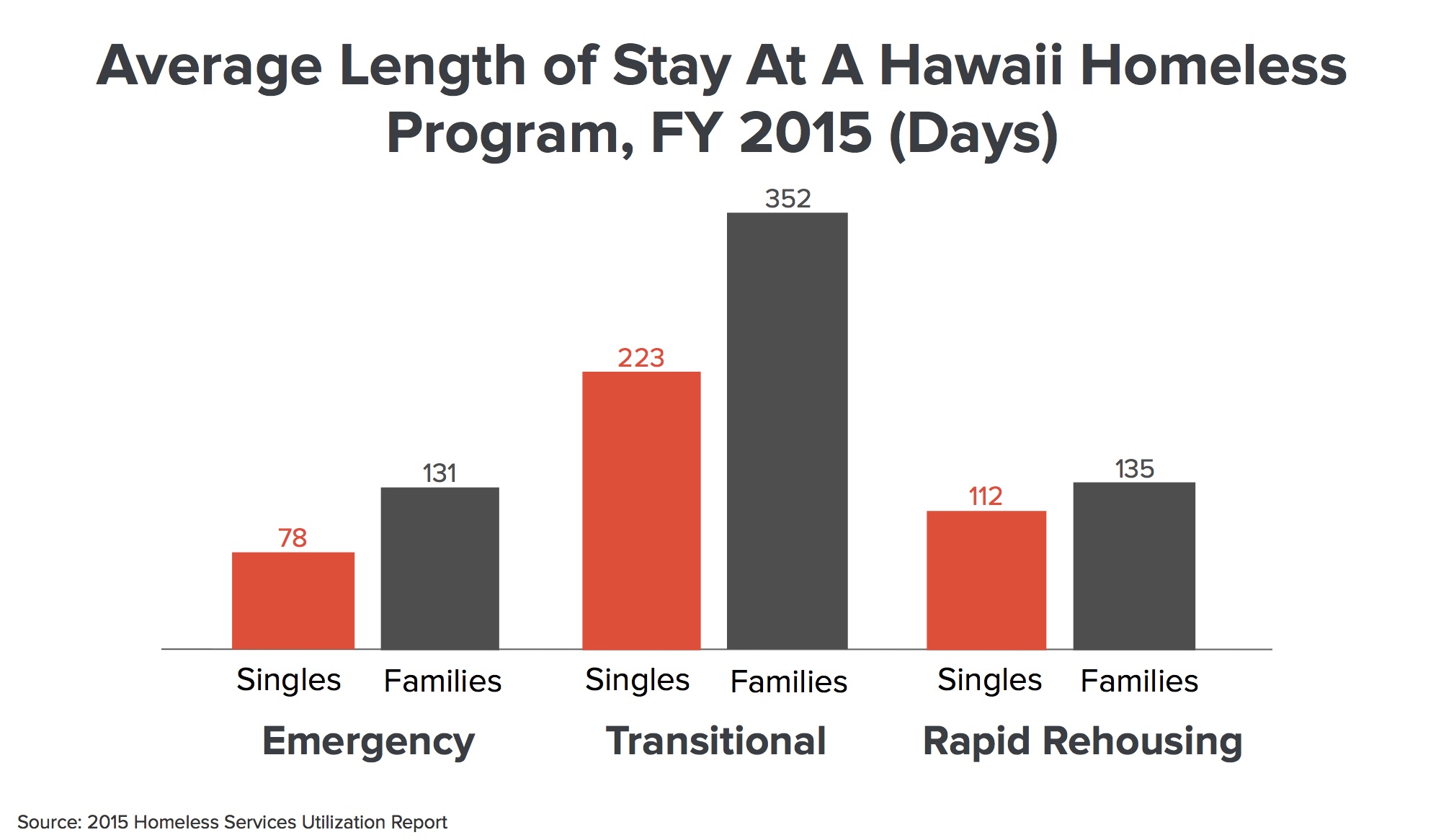

I have met many clients who use our service who have raised themselves up and have gone from being homeless to having families, a job and a home. We don’t want to stop our work as it is so important. “We have all these overheads and it costs us £900 a week to continue to do what we do. “We are really starting to struggle and with the change in premises comes a cost to rent, business rates and a variety of other costs, we also have pest control and things like that to pay for too,” said Peter. However, Peter, who has been involved with the charity for ten years, said the future of BCDP is uncertain due to rising costs and a rise in the number of people needing its services. They also provide access to toiletries and sanitary products which have been donated by members of the public. The charity is now based in Temperance House on Pitt Street, Barnsley, and has its own kitchen to provide several hot meals per week to feed people who would otherwise not have access to them. BCDP has been at three different premises over the years, with vice chairman Peter Mulrooney saying BCDP is now struggling with overhead costs. The project is reliant on donations to keep providing aid to those in need and since 2014, the charity has seen a sharp increase in the amount of homelessness in Barnsley. BCDP has been committed to helping the homeless and those with an addiction to drugs ever since. Training local staff in the SOAR (Supplemental Security Income/Social Security Disability Income Outreach, Access and Recovery) model can reduce the length of time eligible people with disabilities must wait before receiving Supplemental Security Income (SSI).A CHARITY which helps Barnsley’s homeless is appealing for donations as volunteers say it has an uncertain future and is running ‘desperately close’ to scaling back or winding up its vital services.īarnsley Churches Drop-In Project (BCDP) has been dedicated to helping Barnsley’s homeless since 2002 and was founded when two people were found in a church doorway.

As an example, TANF assistance can be made more readily accessible to families experiencing a housing crisis that might help avert homelessness for some. There are also opportunities to improve income supports programs for low-income people. The availability of work supports for low-income households, such as child care and transportation assistance, can also have a big impact on whether or not a household can sustain employment. There are efforts to improve pathways to employment for low-skilled, entry level workers through investments in subsidized employment and programs funded under the Workforce Investment and Opportunity Act (WIOA). How Income Opportunity and Services Can End Homelessness While some people exiting homelessness will do so with a permanent rent subsidy that can buffer them from the effects of income fluctuations, the majority must depend on income from employment or benefits to help them pay rent. Helping people experiencing homelessness increase and stabilize their incomes is a primary goal of homeless assistance programs. Often, however, people experiencing homelessness find these programs to be inaccessible and the benefits offered may be insufficient to help them achieve stability. Income support programs that can assist low-income people, such as Temporary Assistance for Needy Families (TANF) or unemployment compensation, help many people withstand economic crises. A reduction in work hours, a lost job, an illness or an unexpected expense can spiral into an inability to pay the rent, an eviction, reliance on extended family for a place to stay, and, sometimes, entry into a homeless shelter.
#Homeless programs that are struggling to keep afloat free
We are going to take a closer look at free bus cards. With incomes typically much lower than is needed to comfortably pay average rental costs, millions of people are financially vulnerable to homelessness and housing instability. November 8th, 2022 By John Reese 22 mins read 0 Comments This article is going to take a deep dive into churches that help with bus tickets. Increasing Income for People Experiencing HomelessnessĪ housing crisis is often the result of a financial one.


 0 kommentar(er)
0 kommentar(er)
